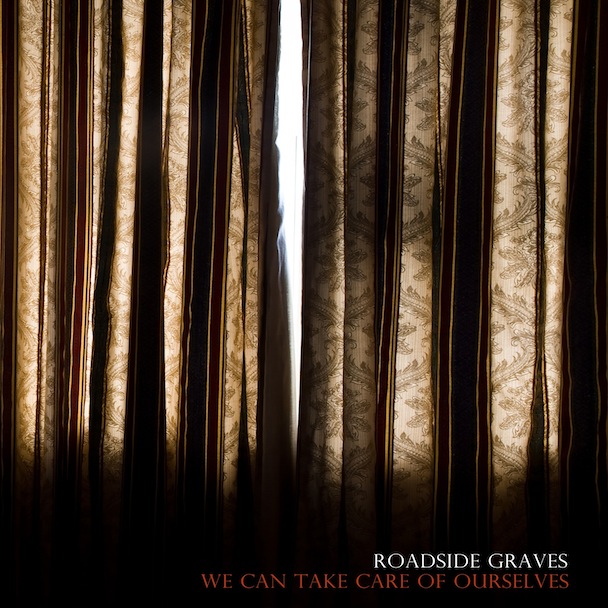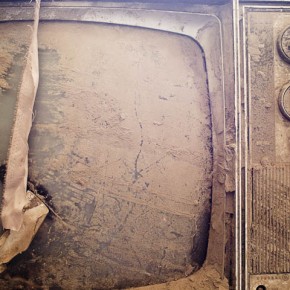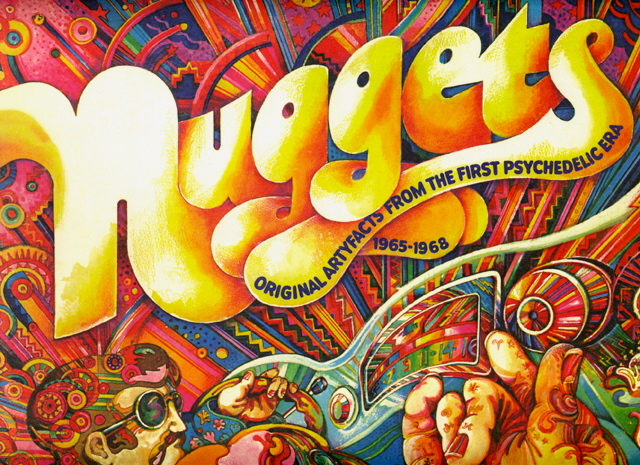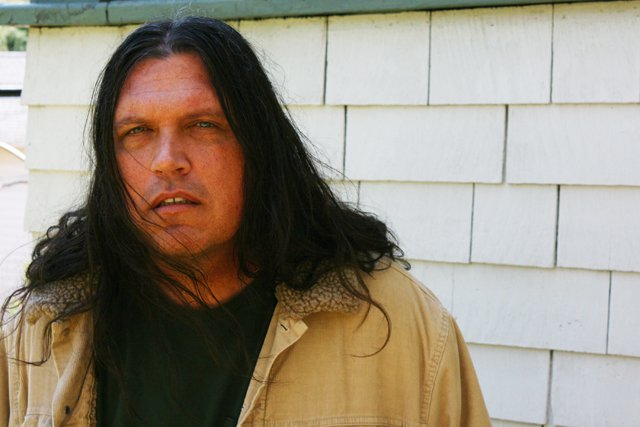“If you’re lookin’ for me, you better look outside” sings John Gleason on the opening song of We Can Take Care of Ourselves, the fourth album from Roadside Graves. It’s a simple statement, a simple moment repeated in a song that’s anything but.
A concept album of sorts, We Can Take Care of Ourselves is an exploration and meditation on outsiders, using S.E. Hinton’s classic young-adult novel The Outsiders as both a cornerstone and a prism. The album isn’t about the novel so much as it’s about what the novel is about.
“Outside” perfectly introduces that world — that aimless urgency of teenage desperation, those four walls of angst that seem to be always closing in. It’s about feeling trapped by youth, poverty, alienation and uncertainty, all at once.
The Outsiders is certainly made of the same stuff as rock ‘n’ roll, but in the hands of the Roadside Graves, the book is updated, transformed and recontextualized. Having read it just once in junior high — and never really latching onto it or identifying with it — I barely remember the book. But by mining The Outsiders for theme more than story, the Roadside Graves make sure that the book isn’t necessary as a prerequisite for listening to the album.
Gleason, an elementary school teacher by day, is convincing as a narrator for all these characters, settling easily into those troubled young lives. The emotions resonate clearly and strongly, even when those emotions themselves are convoluted as all hell.
The album — 11 songs in 40 minutes — is a sprawling sort of Americana, ranging from spare folk to barroom rock to AM radio pop to vibrant country-rock, a musical range ably handled by the band backing Gleason: drummer Colin Ryan, guitarist Rich Zilg, guitarist Jeremy Benson, bassist Dave Jones, pianist Mike DeBlasio and keyboardist Johnny Piatkowski.
Released on Autumn Tone Records, the label arm of Los Angeles music blog Aquarium Drunkard, We Can Take Care of Ourselves surges early with “Outside” and “Double Feature,” the track that’s most explicitly a coming-of-age song, a narrative that hinges on the chorus “I don’t want to fight, but I will.”
“Glory” is shuffling, sepia-toned country-rock, flowing into the jaunty piano rocker “Hank Williams,” both exploring the complexities of identity in adolescence.
The album’s middle point is “Hospital,” a brooding instrumental built around insistent piano chords, dark in tone and seeming to tick-tock like a clock running out. It’s cinematic music, soundtracking you down a long, dreaded hallway.
“Love Me More” follows that darkness with a bright, poppy feel, the sonic equivalent of fond recollections. Another highlight is the plaintive ballad “Teenagers Are Tired,” a spiritual cousin of Big Star’s “Thirteen”. Over a soft finger-picked guitar, Gleason sings “Family ain’t right, but I know that they tried.” Album closer “All Over The World” sounds like an unearthed oldie, with soft, wistful strings and a lazy beat.
Concept albums depend more on execution than concept and it’s by this measure that the Roadside Graves have succeeded most. The band pairs ambition with creativity and keen intelligence, presenting their take on The Outsiders — and outsiders everywhere — with deeply evocative poetry and a varied, nuanced soundscape.




